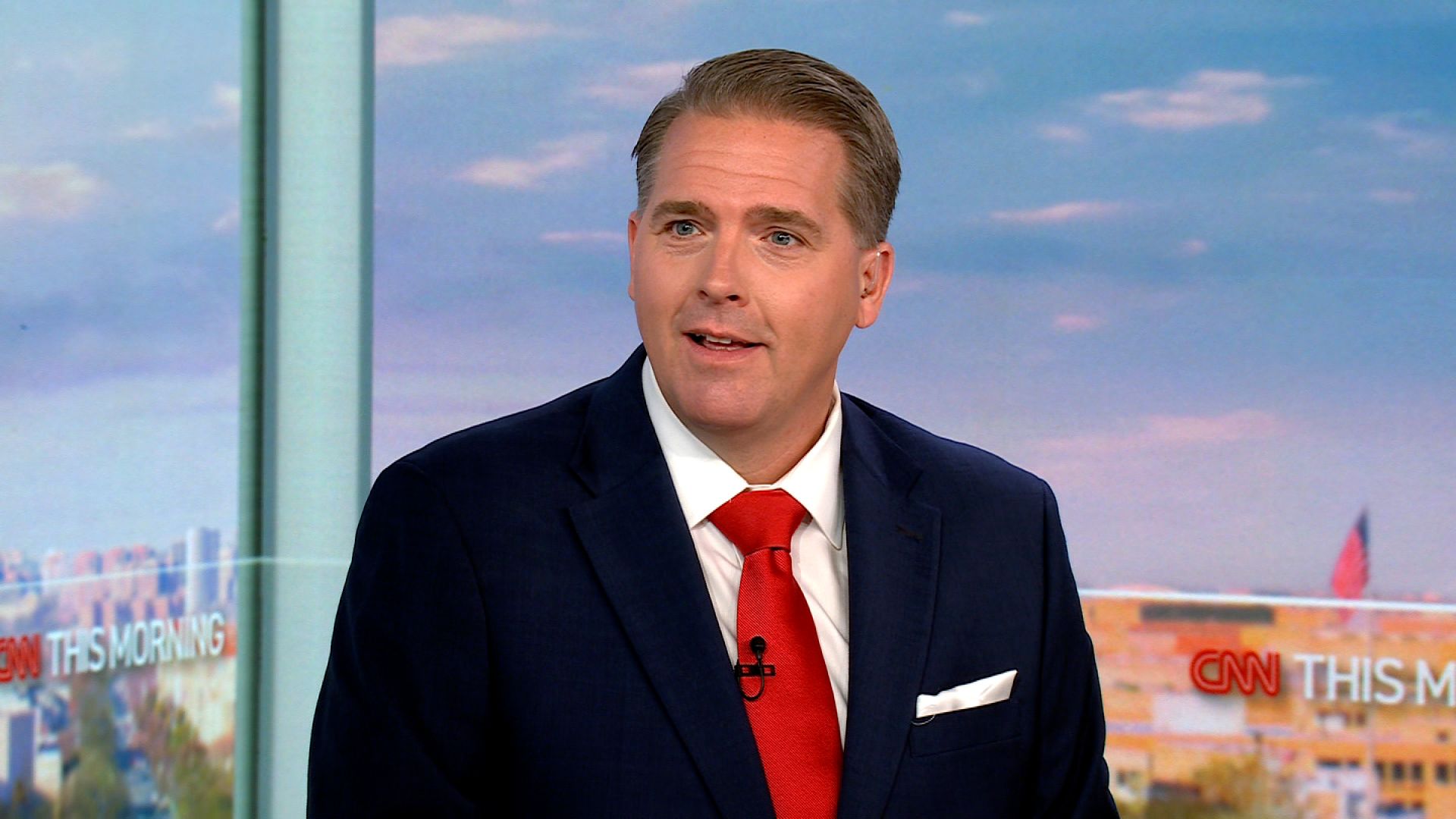Following the passing of former President Jimmy Carter at the age of 100, CNN hosted a panel discussion to reflect on the 39th president’s legacy. What began as a solemn review quickly turned contentious when political commentator Scott Jennings delivered a scathing critique of Carter’s presidency and post-presidential actions.
Jennings: “A Terrible President and a Problematic Ex-President”
During the panel, Jennings did not hold back in his assessment of Carter, calling him a “terrible President” and arguing that his post-presidential conduct was even more damaging to U.S. interests.
“He was a terrible President,” Jennings said bluntly. “That’s why he lost in a landslide after his one term. If it’s possible, I think he was even a worse ex-president because of his meddling in U.S. foreign policy, because of his saddling up to dictators around the world, because of his vehement anti-Israel views, and more than dabbling in anti-Semitism over the years.”
Carter’s Foreign Policy Actions Under Fire
Jennings specifically criticized Carter’s foreign policy interventions after leaving office, suggesting that his actions were at odds with U.S. interests and potentially undermined sitting presidents.
One example Jennings highlighted was Carter’s correspondence during the lead-up to the Persian Gulf War in the early 1990s. According to Jennings, Carter wrote letters to U.S. allies and Arab states urging them to abandon their cooperation with the United States.
“In the run-up to the Persian Gulf War, he wrote letters to all of our allies and to Arab states, asking them to abandon their cooperation and coalition with the United States of America,” Jennings said. “If it’s not treasonous, it’s borderline treasonous.”
Balancing Humanitarian Work with Controversy
While Jennings acknowledged Carter’s extensive humanitarian efforts, including his work with Habitat for Humanity and advocacy for global health initiatives, he argued that these actions could not overshadow Carter’s controversial stances on foreign policy and his often fraught relationship with Israel.
“When you’re an ex-president and you have served in that office, I think you have a duty to the United States and only to the United States,” Jennings said. “To me, it showed that he cared more about his own legacy than he did about the country, and I think that is wrong.”
Carter’s critiques of Israel’s policies and his outreach to authoritarian regimes during his post-presidency have long been points of contention, drawing both praise and condemnation from various political and advocacy groups.
A Divisive Legacy
Jennings’ comments on CNN reflect the polarized view of Carter’s presidency and his life after leaving office. As president from 1977 to 1981, Carter faced significant challenges, including the Iran hostage crisis, soaring inflation, and an energy crisis, all of which contributed to his landslide loss to Ronald Reagan in 1980. Critics often cite these issues as evidence of a failed presidency, while supporters point to his focus on human rights and efforts to broker peace in the Middle East, particularly through the Camp David Accords.
In his post-presidential years, Carter became a prominent advocate for humanitarian causes, receiving the Nobel Peace Prize in 2002. However, his outspoken views on foreign policy, particularly regarding Israel and the Middle East, often drew sharp criticism.
Public Reaction and Ongoing Debate
Jennings’ pointed remarks sparked a lively discussion among panelists and viewers alike, with some defending Carter’s legacy as a humanitarian and peacemaker, while others echoed Jennings’ concerns about his post-presidential conduct.
The debate underscores the complexity of Carter’s legacy, which continues to inspire admiration and controversy even after his death. As the nation reflects on his life and career, Carter’s impact on both domestic and international affairs remains a topic of deep discussion and analysis.

